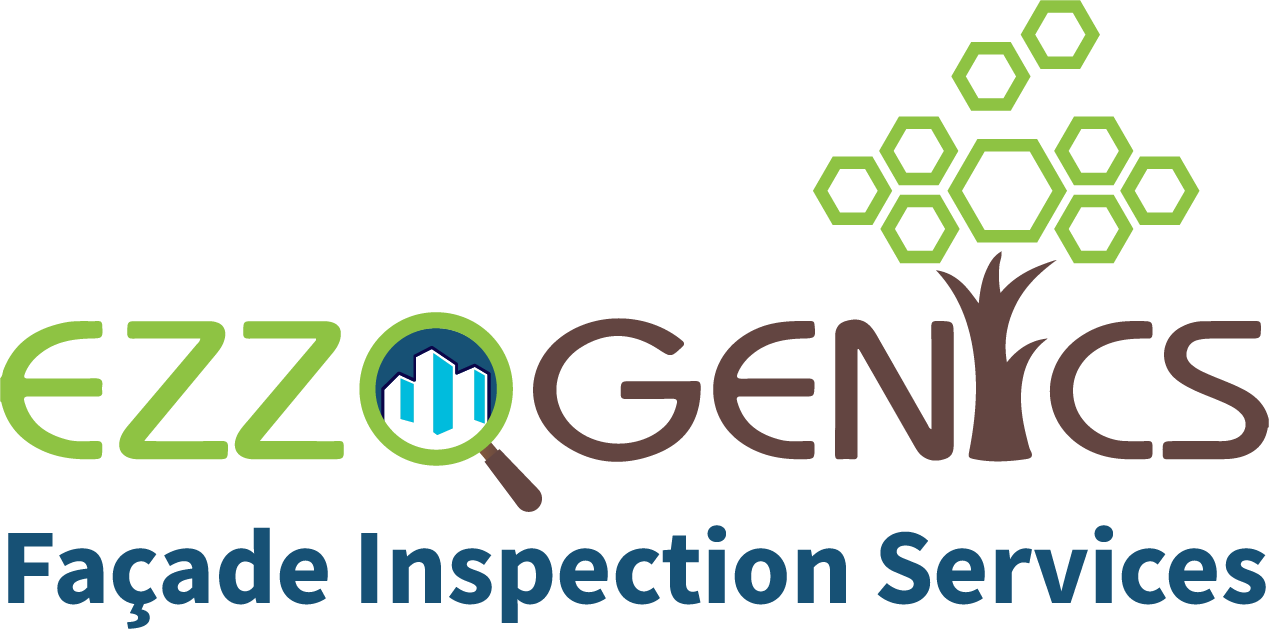Introduction
In Singapore’s highly urbanized landscape, where high-rise buildings dominate the skyline, the safety and structural soundness of building façades are paramount. As buildings age, so do their external envelopes, posing potential risks to the public and property. This is why the Building and Construction Authority (BCA) introduced the Periodic Façade Inspection (PFI) scheme—a mandatory program designed to ensure façade safety through regular assessments.
If you’re a building manager, homeowner, or commercial property owner, this article will help you fully understand the BCA façade inspection Singapore requirements, the PFI process, and how to stay compliant under the law.
What is the Periodic Façade Inspection (PFI) Scheme?
Introduced by BCA in 2020, the Periodic Façade Inspection (PFI) scheme is part of a broader regulatory framework to maintain building safety. The scheme mandates that buildings which are more than 20 years old and exceed 13 metres in height must undergo a comprehensive façade inspection once every 7 years.
The primary goal of the scheme is to detect and address any visible or hidden façade defects—such as cracks, corrosion, loose cladding, or water ingress—before they pose a danger to the public or the building occupants.
Key PFI Facts:
- Applies to: Buildings >20 years old & >13m high
- Frequency: Every 7 years
- Mandated by: BCA under the Building Control Act
- Inspection conducted by qualified persons (QPs) under the QPSS Singapore framework
Who Needs to Comply with PFI in Singapore?
Under the BCA building inspection requirements, the responsibility for ensuring façade inspections lies with building owners. This includes owners and operators of:
- 🏬 Commercial buildings (e.g., office towers, malls)
- 🏢 Condominiums and private residential developments
- 🏘️ HDB blocks managed by town councils
- 🏭 Industrial and mixed-use developments
Non-compliance with PFI requirements can lead to penalties, legal action, or even safety-related shutdowns if defects are deemed hazardous. For commercial entities, this can also affect business operations and insurance claims.
Who Can Conduct the BCA-Approved Façade Inspection?
Not just anyone can perform a façade inspection under PFI. According to BCA façade inspection compliance standards, inspections must be carried out by Qualified Persons (QPs) who are part of the Qualified Person for Façade Inspection Registry (QPSS Singapore).
A QP must:
- Be a Professional Engineer (PE) or Registered Architect (RA).
- Have completed specialized training in façade diagnostics.
- Be accredited under the Facade Inspection Regime by BCA.
Engaging an accredited QP ensures that the inspection is compliant, accurate, and legally valid.
What Does a Periodic Façade Inspection Involve?
The inspection process is comprehensive and must follow a set methodology as outlined by BCA building inspection requirements. The goal is not just to spot visible cracks but also to detect early signs of deterioration.
A typical façade inspection includes:
- Visual inspection of the full external façade
- Use of binoculars, drones, or rope access to reach difficult areas
- Identification of defects like cracks, corrosion, tile detachment, or water seepage
- Photographic documentation and defect mapping
- Submission of a detailed report to the building owner and BCA
- Rectification recommendations, if necessary
Advanced inspection teams may use infrared imaging or AI-based defect detection systems for deeper analysis and long-term maintenance planning.
When Is Your Building Due for Façade Inspection?
Although BCA will notify building owners when an inspection is due, it’s highly recommended that owners take a proactive approach. Monitoring your building’s age and planning early can give you enough time to resolve any major defects before the official inspection.
This is especially critical for older buildings, where years of exposure to weather and urban pollution can compromise façade integrity.
How to Prepare for a BCA PFI Inspection
Proper preparation ensures a smooth inspection process and reduces the risk of delays or penalties. Here’s how you can get ready:
Pre-Inspection Checklist:
- Review and maintain an up-to-date building record and as-built drawings.
- Schedule a consultation with a certified QPSS-accredited inspector.
- Inform all residents or building users about the upcoming inspection.
- Arrange for access equipment if required (e.g., gondola, scaffolding).
- Allocate a budget for immediate repairs or follow-up work.
Why BCA Façade Inspections Are So Important
Some building owners see façade inspections as a regulatory hassle. However, understanding the value beyond compliance can change your perspective.
Top 5 Reasons to Comply with PFI:
- 🧱 Prevent accidents like falling cladding or concrete spalling.
- 💰 Preserve property value by maintaining a strong outward appearance.
- 📈 Increase tenant confidence and occupancy rates.
- 🧾 Avoid legal liability for injuries or property damage.
- 🔧 Plan proactive maintenance, reducing future repair costs.
A minor defect today can become a major, expensive hazard tomorrow. Inspections give you the opportunity to act early.
Need Help with BCA-Approved Façade Inspection in Singapore?
At Ezzogenics, we specialize in BCA-compliant façade inspections in Singapore, offering services tailored to commercial, industrial, and residential properties.
Why Choose Ezzogenics?
- Certified QPSS-accredited inspectors
- Use of drones and infrared imaging for high-precision results
- Full support with BCA documentation and compliance
- Recommendations for repairs and maintenance planning
Whether you manage a commercial skyscraper or a mid-rise condo, we ensure your building is safe, compliant, and prepared for Singapore’s evolving building façade laws.
Conclusion: Don’t Wait—Stay Compliant, Stay Safe
The BCA façade inspection Singapore program isn’t just a bureaucratic requirement—it’s a critical safeguard for building users, the public, and your property investment. Regular periodic façade inspection ensures safety, enhances asset longevity, and protects you from costly liabilities.
With the right preparation and a qualified inspection partner like Ezzogenics, complying with PFI Singapore regulations becomes a stress-free, value-adding process.
Contact us to get a free quotation today.
